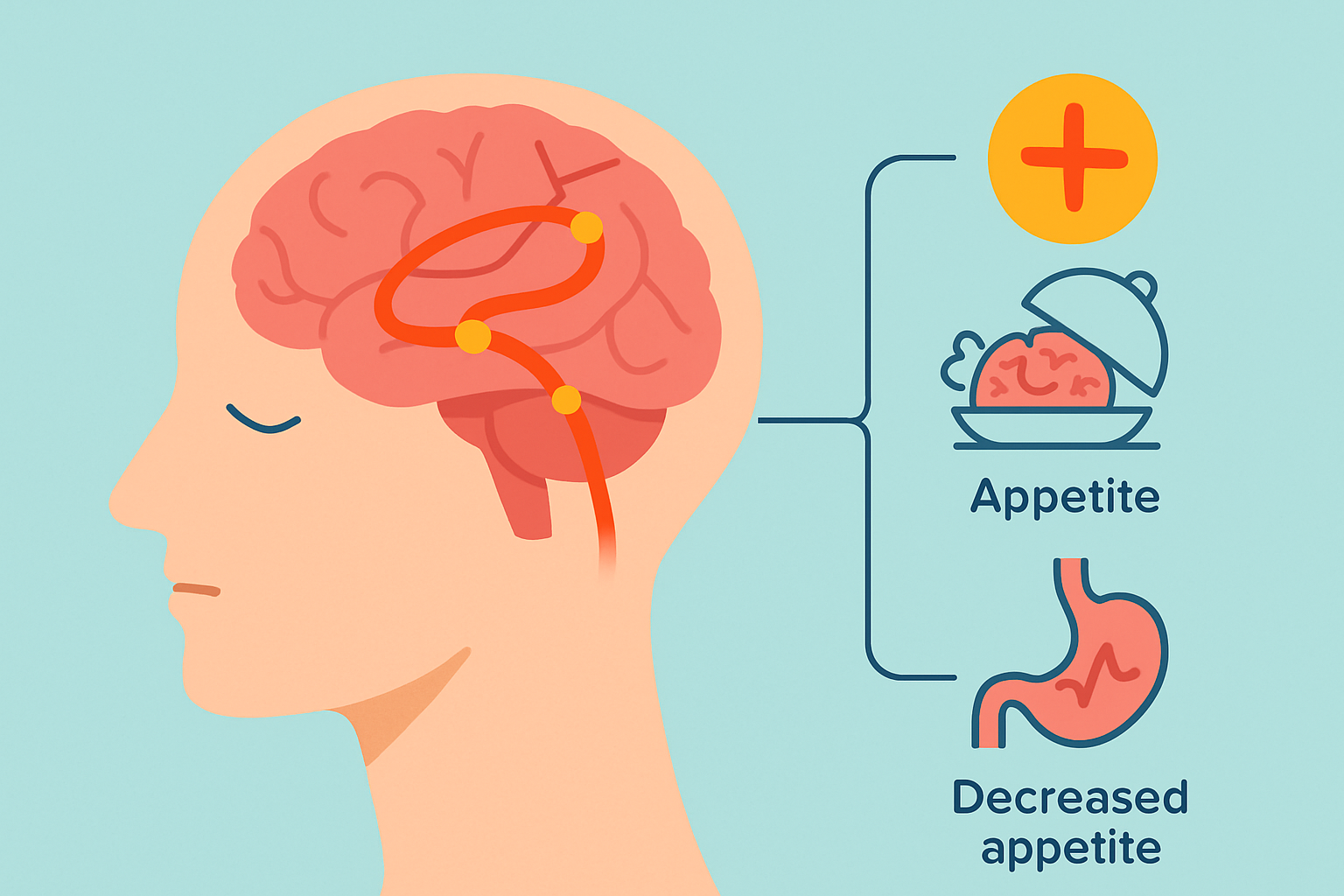
6 Stages of Grief and Moving Through Each Phase
Discover the 6 stages of grief broken down with clear guidance and compassionate advice to help you...
Stress eating tends to sneak up when life feels like it is spinning out of control. Many of us are left scratching our heads wondering why grabbing a snack suddenly feels necessary during emotional rough patches. Unlike usual hunger pangs, stress eating often has us reaching for indulgent high-calorie comfort foods that offer a quick and fleeting sense of relief.
Stress eating or emotional eating happens when someone grabs food not because their stomach is growling but because their feelings are steering the ship. It usually involves diving into sugary or salty or fatty comfort foods that give brief if somewhat guilty relief from stress or anxiety. This is quite different from regular eating that actually answers the body's genuine call for fuel.
When stress hits, our bodies kick off a whole cascade of complicated biological changes that mess with both our hunger and the foods we find ourselves reaching for. Stress triggers hormones like cortisol, which not only throw off how our appetite is controlled but also tweak the brain’s reward system.

Stress eating offers a brief sense of relief, kind of like slapping a band-aid on a wound that really needs stitches. Sure, it might take the edge off for a little while, but it doesn’t get to the heart of what’s really going on under the surface. Once we realize this, it opens the door to finding healthier, more effective ways to handle stress—without reaching for that snack stash every time life gets tough.
Stress eating is one of those familiar habits that sneaks up on many of us when life gets a little too overwhelming. It’s not just about cravings or hunger; it’s often tangled with our emotions and the way our minds cope with pressure. Whether it’s reaching for that tub of ice cream after a tough day or mindlessly snacking during a frantic work session, there’s a lot going on beneath the surface. Understanding these psychological and emotional undercurrents can really shed light on why stress turns our relationship with food into a bit of a rollercoaster ride.
Stress eating isn’t just a simple matter of biology. It often has its roots in psychological reasons as well. Many people reach for a snack when dealing with tricky emotions like anxiety or sadness, boredom, or helplessness.
Stress eating often gets a bad rap which can leave individuals feeling pretty ashamed or judged. Honestly, it’s nowhere near a sign of weakness or laziness. Everyone goes through it differently, and that’s okay.
Recognizing when and why stress eating kicks in is the key first step toward making a real change. Keeping a journal to track your emotions and triggers can often reveal surprising patterns.
Stress eating can usually be tamed once you start paying a bit more attention and gently trade those food-related coping habits for healthier alternatives.
Keep in mind that cutting back on stress eating is more of a marathon than a sprint, so patience and a gentle attitude toward yourself go a long way. Harsh diets or beating yourself up usually end up doing more harm than good.

Discover the 6 stages of grief broken down with clear guidance and compassionate advice to help you...

Discover practical, easy-to-follow techniques to calm anger before it takes control, and build lasti...

Learn why believing in yourself is essential during hardship and explore a comprehensive guide to bu...

Feeling overwhelmed by anxiety? Learn 5 simple, actionable steps to calm down quickly and regain con...